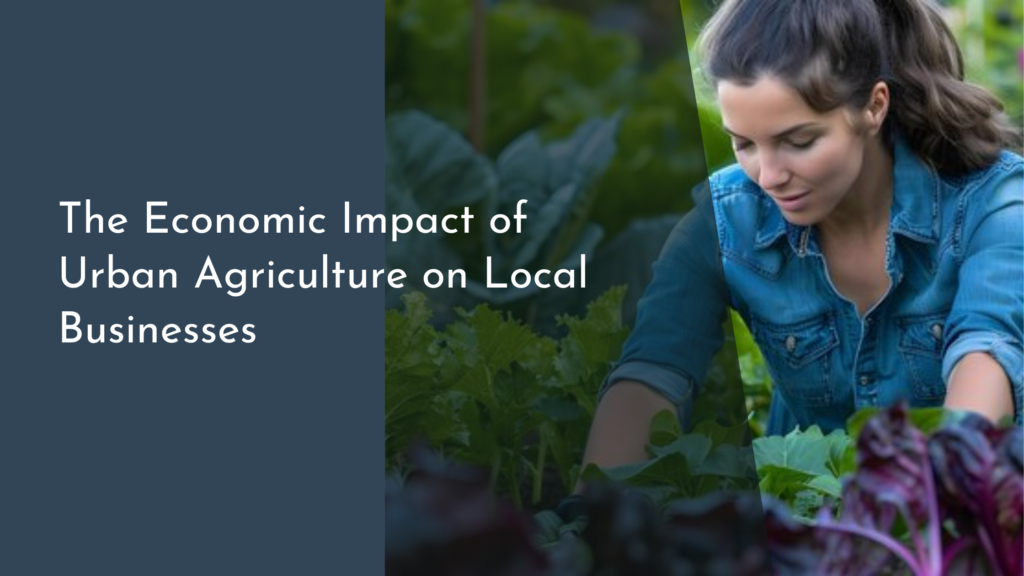Exploring the use of AI for sustainable pest management
The agricultural landscape is evolving rapidly, with technology playing a pivotal role in enhancing farming practices. One area that has seen significant advancements is pest management, where artificial intelligence (AI) is creating sustainable solutions that benefit both farmers and the environment. As we explore the use of AI in pest management, we will uncover how it not only addresses the challenges pests pose to crops but also promotes eco-friendly practices that align with sustainable agriculture.
Innovation in pest control is essential as the agricultural sector faces increasing pressures from climate change, population growth, and the need for higher food production. AI technologies are stepping in to revolutionize the way farmers approach pest management, offering effective tools to combat pest infestations while minimizing environmental impacts. By harnessing the power of AI, farmers can move towards smarter, more sustainable agricultural practices that protect both their crops and the planet.
Revolutionizing Pest Control: AI’s Sustainable Solutions
AI is changing the game in pest control by providing farmers with data-driven insights that lead to more informed decision-making. Through the use of machine learning algorithms, AI can analyze vast amounts of data from various sources, including weather patterns, soil conditions, and pest populations. This ability to process and synthesize information allows farmers to predict pest outbreaks with remarkable accuracy, enabling them to take proactive measures before infestations occur.
Moreover, AI-powered tools such as drones and remote sensing technologies assist farmers in monitoring their crops in real-time. These tools can identify pest threats early on, allowing for targeted interventions rather than blanket pesticide applications. This not only reduces chemical use but also promotes biodiversity and helps maintain ecological balance in agricultural ecosystems, showcasing that sustainable pest management is not just a dream but an achievable reality.
How AI Can Help Farmers Tackle Pest Challenges Efficiently
Farmers often face the daunting task of managing pest populations that can devastate their crops if left unchecked. AI-driven solutions streamline this process by providing precise information about the types and levels of pest infestations. For instance, AI systems can utilize images captured by cameras or smartphones to identify pests and diagnose issues, giving farmers immediate insights into the health of their crops.
This efficiency translates into time and cost savings, as farmers can allocate resources more effectively. Instead of applying pesticides indiscriminately, they can target specific infestations, reducing waste and environmental impact. Additionally, AI can facilitate the integration of biological pest control, where natural predators are used to manage pest populations, promoting a more holistic approach to pest management.
Smart Strategies: Integrating AI in Eco-Friendly Practices
Integrating AI into pest management strategies encourages farmers to adopt eco-friendly practices that align with sustainable agriculture principles. By utilizing AI analytics, farmers can optimize their crop rotations and intercropping systems to naturally deter pests. This proactive approach not only minimizes reliance on chemical treatments but also fosters soil health and enhances biodiversity on farms.
Furthermore, AI can play a crucial role in educating farmers about pest management techniques that are environmentally responsible. Through mobile applications and online platforms, farmers can access real-time information, share best practices, and connect with experts. This knowledge exchange empowers them to make informed decisions, leading to the adoption of innovative, eco-friendly pest management methods that benefit their operations and the environment alike.
The Future is Bright: AI’s Role in Sustainable Agriculture
The future of agriculture is indeed bright with the integration of AI in sustainable pest management. As technology continues to advance, we can expect even more sophisticated AI models that can analyze complex agricultural datasets, providing deeper insights and predictive capabilities. This evolution will enable farmers to not only respond to pest challenges but also anticipate them, fostering a more resilient agricultural system.
Moreover, as consumers increasingly demand sustainably sourced food, the role of AI in pest management will become even more critical. By adopting AI technologies, farmers can enhance their reputation for responsible farming practices, ultimately driving consumer trust and preference. The synergy between AI and sustainable agriculture promises a future where food production is efficient, ecological, and economically viable, paving the way for a healthier planet.
In conclusion, the application of AI in sustainable pest management offers a transformative path forward for agriculture. By leveraging innovative technologies, farmers can effectively tackle pest challenges while minimizing their environmental footprint. As we embrace these intelligent solutions, we are not only enhancing agricultural productivity but also nurturing the planet for future generations. With every step taken towards sustainable practices, we move closer to a bright and thriving agricultural landscape, demonstrating that technology and nature can indeed coexist harmoniously.



